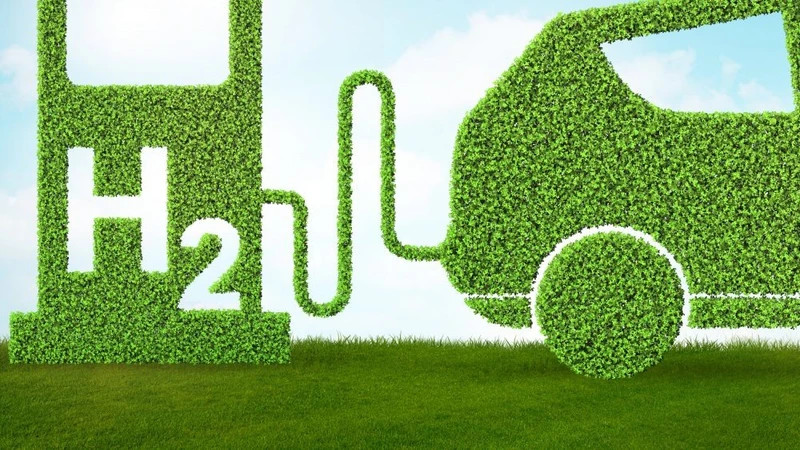The EC launched a hydrogen bank within the framework of the recent European Hydrogen Week in Brussels, Belgium. The amount of money from mobilisation proposed by the EC will be taken from the EU fund to support industries while encouraging private investment. EC President Ursula von der Leyen stressed that the hydrogen economy is booming, mentioning a series of examples, such as the infrastructure built at the port of Rotterdam (Netherlands) and the world’s first flight of a liquid hydrogen aircraft in the sky over Slovenia.
Hydrogen Week aims to create links between the EC, policymakers, researchers and the industrial sector. With over 100 exhibitors, 25 roundtables and over 200 speakers, this is the best opportunity to keep up to date with the latest innovations, policies and developments in the field of hydrogen and engage with the fastest-growing industry in Europe.
Hydrogen Week saw the participation of manufacturers, engineering companies, technology leaders, operators and infrastructure manufacturers. Many of the biggest names in the industry introduced the latest developments in hydrogen technology, such as Boss (Germany), John Cockerill (Belgium), and companies from France, England, Norway, Sweden and Brazil. The visitors had a chance to witness firsthand innovations in hydrogen, such as electrolysers, hydrogen-powered engines and energy drinks made from biogas.
Hydrogen has gained attention in recent years as one of the solutions to decarbonise many sectors of the economy, including transportation, industry and power generation. Green hydrogen has been considered one of the pillars of the decarbonisation process to help the EU achieve its goal of emission neutrality by 2050. It is estimated that Europe has invested 17 billion EUR to support 80 green hydrogen projects in different countries.
Peter Collins, in charge of media relations at Hydro Europe, said the energy crisis had exposed Europe's weaknesses but also proved that the EU and countries with lots of wind and sunshine, such as Spain, Ireland and Denmark, have great advantages to produce hydrogen. However, the EU must also import hydrogen.
This is why the EU welcomes potential partners such as South Africa, Egypt, Morocco, Brazil, and Saudi Arabia to share technology and know-how to develop the international green hydrogen market. This cooperation will create a large market and many jobs and develop advanced technologies related to green hydrogen.
Facing the ongoing energy transition trend, the EU prioritises the development of green hydrogen with the ambition to produce 10 million tonnes by 2030 and import a similar volume. Germany and France have recently organised the 6th Franco-German Energy Forum, entitled “The Role of Hydrogen in Industry, mobility and Electricity”. The forum focused on discussing various issues including future hydrogen demand, strategies of the two leading European economies and the EU in the field of hydrogen development, and the challenges related to infrastructure, economics and legal regulations, especially in the transport, industry and power generation sectors.
The German Government is determined to join France and other partners in boosting hydrogen development to create positive opportunities to shape the development of the global hydrogen market, as well as economic opportunities and climate protection. According to the German Federal Foreign Office, the country is gradually becoming a hydrogen economy. Germany's national hydrogen strategy provides the basis for this. The German Government's strategic update this year sets more ambitious goals, particularly taking into account new challenges in the energy market.
This update provides guidance and measures to promote the production, transport and use of hydrogen and hydrogen derivatives. The updated strategy shows German hydrogen demand at 95 to 130 terawatt hours (TWH) by 2030, of which around 50%-70% will be imported. In addition, the German Government is also implementing a separate hydrogen import strategy to provide enough hydrogen and hydrogen derivatives for the German economy.
The EU and France set the goal of climate neutrality by 2050 at the latest. In Germany, this goal is set for 2045. To accomplish these goals, from now until 2030, the main focus of the EU countries is to expand the scale of renewable energy towards gradually eliminating fossil energy.
It is expected that hydrogen will make a decisive contribution to the achievement of energy and climate policy goals in Europe, especially in sectors such as transport and industry. While implementing and shaping the energy transition process on the continent, Germany and France are strengthening closer cooperation to accelerate the transition roadmap and help this process bring the highest efficiency.
















